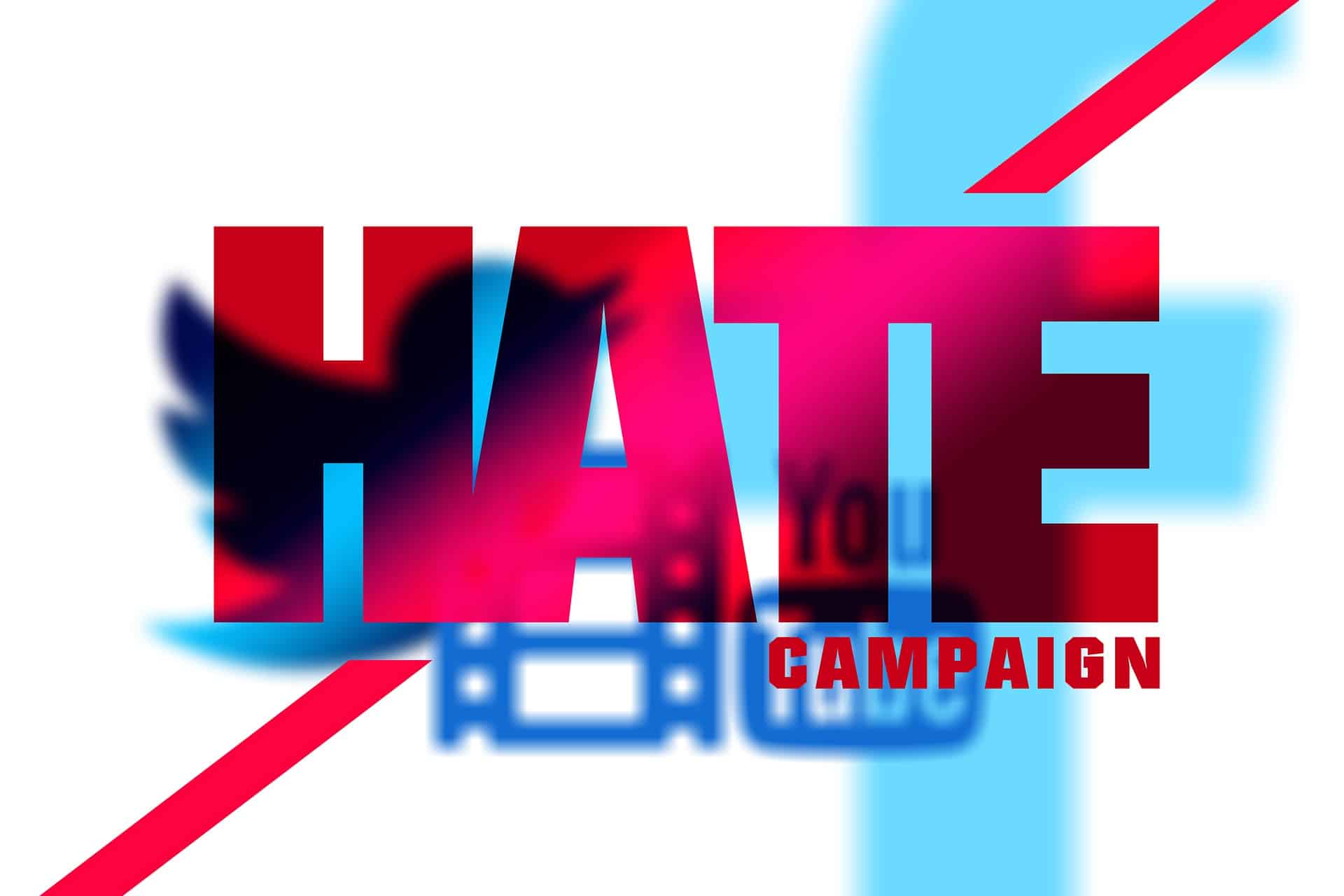A Facebook post offensive to Muslims in Bengaluru city resulted in protesters clashing with the police, which left three people dead. Religious hate speech on social media led to an unacceptable act by protesters attacking a police station, a politicians house, and torching vehicles. The post reportedly involved the Prophet. The person responsible for the social media post has been arrested. Karnataka state Home Minister Basavraj Bommai told a news channel that they are investigating the issue and will make use of CCTV footages to identify the rioters. He said nobody would be allowed to take the law into their own hands.
Reports highlight that the accused is the nephew of a politician, whose house was attacked and burned in the violence. Maulana Mohammed Maqsood Imran Rasheedi, a top Muslim religious leader in Bengaluru, told Anadolu Agency that the accused post that ‘I am not secular’ and then also posted a derogatory post on social media against the Prophet, which angered people. “We have appealed to people to maintain peace and not to resort to any kind of violence,” he said.
Facebook’s policy on hate speech
Social media is full of hate speech. Although Facebook prohibits this content on its site, little is known about how much of the hate speech reported by users is actually removed by the company. Research shows that most hate speech violations on Facebook India are Islamophobic. A report by Equality Labs states that while hate speech almost entirely remains online or in reinstated by moderators on Facebook, an increasing number of minority user accounts are being banned or removed entirely. It found that nearly half of what Facebook initially removed was later restored. And ‘100% of these restored posts were Islamophobic in nature’.
The report states that Facebook Community Standards are not yet localised for many of India’s major languages. It lacks precise user hate reporting mechanisms for Indian caste-oppressed minorities. The social media giant is unable to track caste and religious hate speech disaggregated by category, which is critical to identifying hate speech by scope and scale. Equity Labs believes data transparency on this front will allow experts in civil and public society to track and contribute to mitigating hate speech effectively.
Equity Labs said content moderation of hate speech in India is complex. It requires relevant context and collaborative expertise from civil society and advocates. Transparency, accountability, and resource allocation are the keystones needed for an effective and durable solution to the exponential expansion of hate speech-enabled by social media platforms, in particular, Facebook.
Moreover, it should be noted that human rights impact of Facebook policy and programs and how the platform has been used by hate groups, political entities and other public figures to stoke casteist and religious animosity or violence should be looked into (investigated).



Pingback: Facebook India finds itself in the eye of a political storm after the WSJ report - Digital News